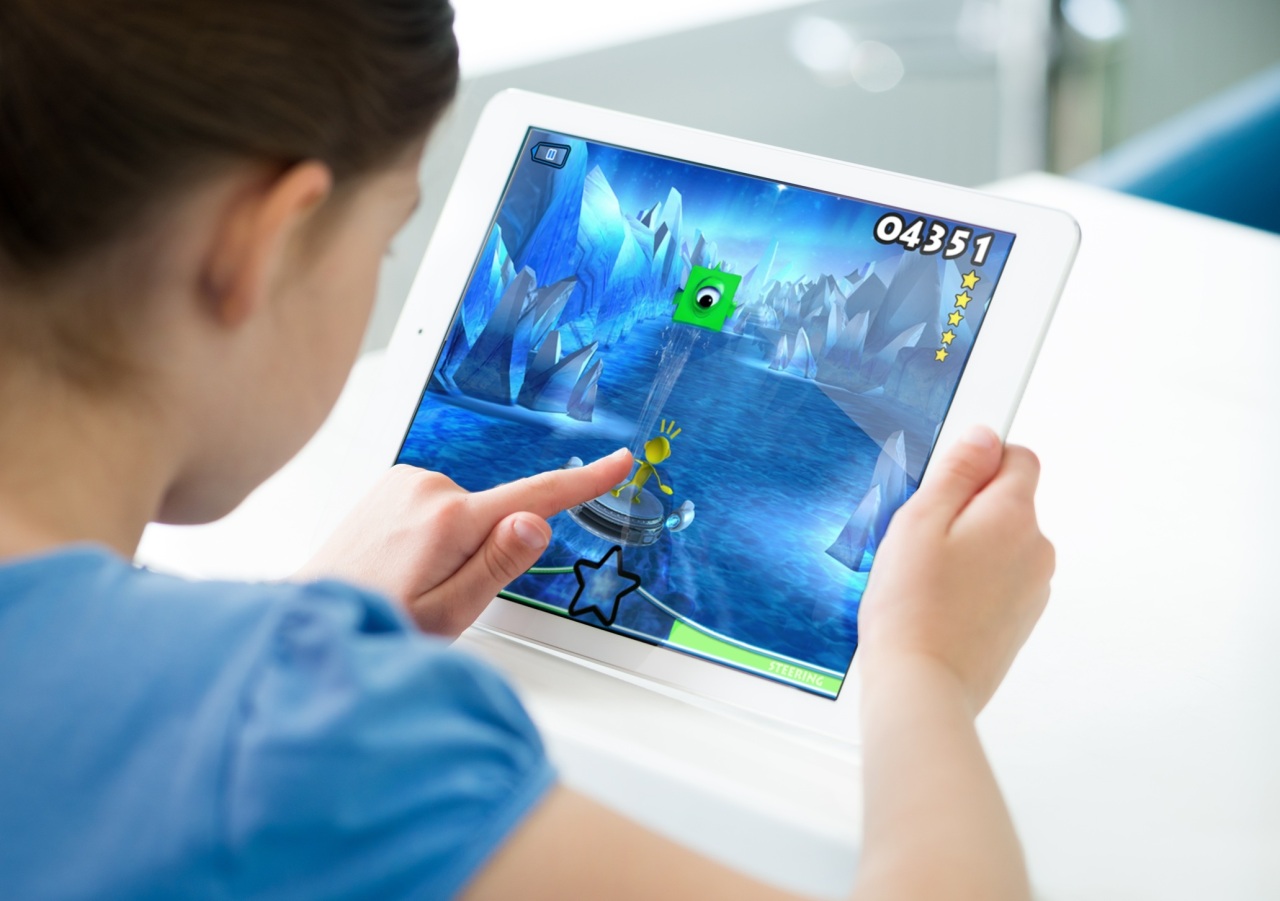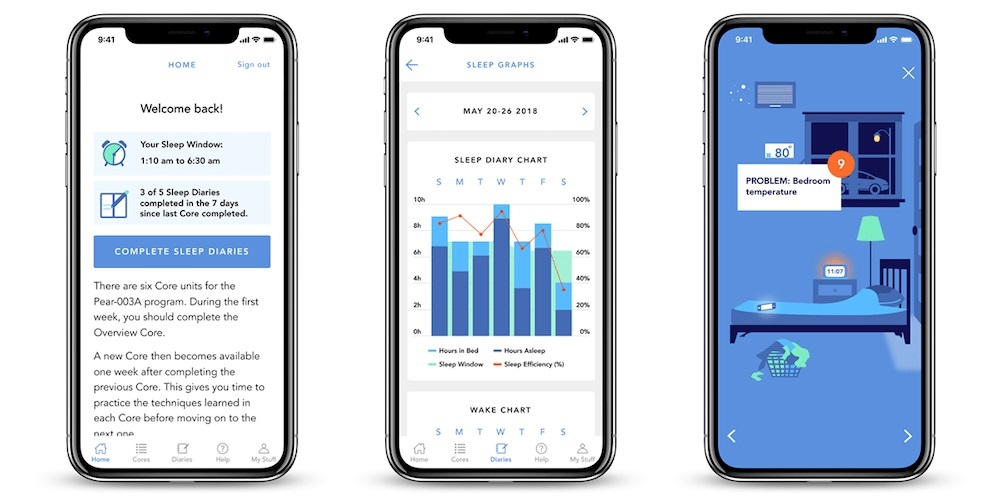Game, app, VR as medicine?
Game-based therapies emerge as next-generation treatment globally, but face many hurdles in Korea
By Kim Byung-wookPublished : Jan. 26, 2021 - 16:31

A video game treats children with attention deficit hyperactivity disorders, helping them build self-control and concentration. Adults with specific phobias are prescribed to virtual reality programs designed to help them face their fears and train their minds.
Games are no longer just fun stress relievers. They are rising as next-generation treatments.
According to a session at CES this month, digital therapeutics, or medical software in the form of games, mobile applications, virtual reality, chatbots and artificial intelligence that can prevent, treat or cure disabilities or diseases, have clinically demonstrated abilities and are making their way through the US Food and Drug Administration.
However, therapeutic games are still in their infancy in Korea.
Prescription-only games
In the world of digital therapeutics, the US is at the forefront, setting precedents for other countries.
In June, the FDA approved the first-and-only video game-based digital therapeutic device called EndeavoRx, an app designed to treat children aged 8-12 with attention deficit hyperactivity disorder.
During the game, child patients are given a simple goal to navigate their character through a course while collecting targets and avoiding bumping into obstacles. These actions require focus and flexibility to manage multiple tasks at the same time.
In the randomized, controlled clinical study, EndeavorRx improved objective attention in children with ADHD ages 8-12. In addition, 48 percent of parents indicated that EndeavorRx improved ADHD-related day-to-day impairment and 56 percent of parents indicated the treatment improved their child’s attention, according to Akili Interactive, developer of the game.
Also, the world’s first digital therapeutic was born in the US called “reSET” developed by Pear Therapeutics, which received an approval from the FDA in September 2017. reSET is a 12-week prescription digital therapeutic that provides cognitive behavioral therapy to patients addicted to drugs such as alcohol, cocaine and marijuana.
In December 2018, FDA authorized reSET-O for opioid addiction treatment and gave greenlight to Somryst in March 2019, a digital treatment indicated to treat chronic insomnia in people aged 22 and older.

In case of Korea, the first digital therapeutics that passed the clinical trial of the Ministry of Food and Drug Safety is “Nunap Vision” developed by Nunaps, which treats visual defects caused by brain damage through a VR visual perceptual training.
Life Semantics is developing Redpill Breath, a mobile app designed to provide a pulmonary rehabilitation program to patients recovering from respiratory diseases.
Welt’s mobile app called “Again” monitors health status of sarcopenia patients and send customized workout options. Sarcopenia, or the decline of the skeleton muscle tissue with age, has no medicine for cure, and the primary treatment is exercise and diet.
Also, Haii has developed a chatbot Saemi, which helps the prevention of dementia by offering math, language and concentration training for the elderly.
Across the world, this “software as medicine” category is expected to continue growing at warp speed, as it offers cost-effective ways to treat addiction, poor sleep, diabetes, respiratory ailments, pain and much more.
“Compared to general medicine, digital therapeutics are much cheaper to develop, as they only require coding,” said an official from the Electronics and Telecommunications Research Institute.
According to a research conducted by the Seoul National University, the development costs and period of digital therapeutics are 3.5 to 5 years and 10 billion won to 20 billion won, respectively. In contrast, it takes an average of 15 years and 3 trillion won to develop a new medicine.
According to industry data, the global digital therapeutics market is expected to reach $11.8 billion by 2027.
Local hurdles
In Korea, there are a lot of hurdles for game-based therapies to be taken seriously.
A psychiatrist working at a university hospital said, “It’s difficult to imagine how patients will react if their doctors tell them to download a game on their smartphones and play it three times a day. Also, it’s questionable whether the elderly, who are unfamiliar with electronics devices, will be able to follow the prescription properly.”
There are only 13 therapeutic games that have proven their effectiveness through clinical trials in Korea. None of them have been submitted for approval by the Ministry of Food and Drug Safety, due to the arduous approval process.
According to the Korea Creative Content Agency’s “Study on the Therapeutic Applications of Digital Games” released this month, Korean therapeutic game developers are also challenged by stiff regulations.
“The development of therapeutic games faces the same rigorous approval process as medicine. Of course, a strict approval process and regulations are necessary, but they seem excessive. To promote the industry, regulations must be relieved,” said a VR professor surnamed Kwon in the study.
From review to approval to actual prescription, there are parallels with medicine in trying to sell a game as one that has a therapeutic effect. First, therapeutic games must prove their effectiveness through clinical trials. If successful, the authorities review them and give them approval. Finally, it’s up to doctors to prescribe the games to patients.
For the authorities’ review, developers must submit data on 13 to 21 categories. Those can include somewhat irrelevant categories, such as data on how the therapeutic game is free of radiation and how it is played by foreigners.
In contrast to the ministry’s complex approval process, the US FDA operates a pre-certification program so that regulations do not delay the release of therapeutic games.
The pre-certification program classifies therapeutic games into three levels, with the level 3 posing the highest risk. For level 1 and 2 therapeutic games, the US FDA does not require clinical trials and mainly reviews whether the games match their purposes and functions.
Simply put, for relatively safe therapeutic games, the US allows their release first, and reviews them later based on real-world data collected and submitted by developers.
Thanks to the pre-certification program, it took just one year for digital opioid treatment reSET-O to receive an approval from the FDA.
By Kim Byung-wook (kbw@heraldcorp.com)




![[Herald Interview] 'Amid aging population, Korea to invite more young professionals from overseas'](http://res.heraldm.com/phpwas/restmb_idxmake.php?idx=644&simg=/content/image/2024/04/24/20240424050844_0.jpg&u=20240424200058)






![[Hello India] Hyundai Motor vows to boost 'clean mobility' in India](http://res.heraldm.com/phpwas/restmb_idxmake.php?idx=644&simg=/content/image/2024/04/25/20240425050672_0.jpg&u=)







